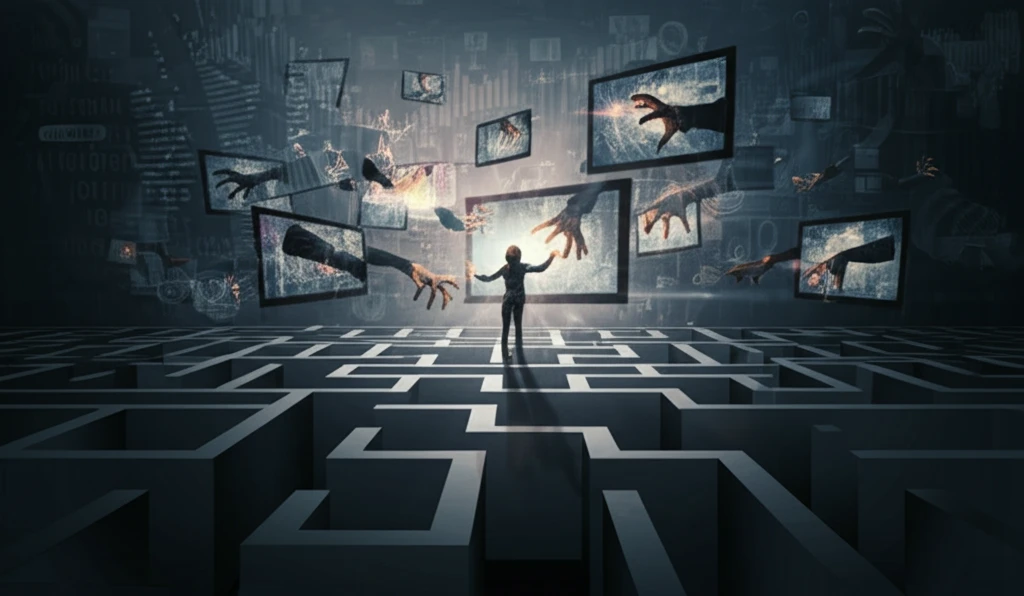
The Art of Keeping Them Hooked: How Experts Strategize to Maximize Your Engagement
"Unlock the secrets behind the battle for your attention: Discover how businesses and experts compete to capture and hold your interest in today's engagement economy."
In today’s digital landscape, everyone is vying for your attention. From traditional expert services like consulting and legal advice to the endless scroll of content on digital platforms, the goal is simple: keep you engaged. But behind this constant pursuit lies a complex strategy—a tug-of-war between those providing the information and those seeking it.
Imagine a world where every click, every scroll, and every minute spent is carefully orchestrated. Experts, acting as principals, aim to prolong your engagement to extract maximum value, while you, the user, are trying to obtain valuable insights as efficiently as possible. This interaction is more than just a casual exchange; it’s a carefully designed game of engagement.
At the heart of this strategic game lies a fundamental question: How do experts and businesses strike the right balance between providing you with swift information and prolonging your engagement? A recent study dives deep into this interaction, revealing the hidden tactics used to keep you hooked and the implications for the quality and speed of information you receive.
Decoding the Engagement Economy: Patience, Priorities, and Personalized Content

The study uncovers that the success of these engagement strategies often hinges on a delicate balance: patience. When both parties—the expert and the user—share similar expectations, the key factor becomes who is more patient. If you, the user, are eager to get the information quickly, it forces a gradual reveal from the expert. However, if the expert is more interested in drawing things out, they might delay the information and then present it all at once.
- Shared Priorities: Gradual revelation when users are impatient, abrupt revelation when experts are impatient.
- Differing Expectations: Initial catering to user biases.
- Personalized vs. Non-Personalized: Personalized strategies offer higher quality information but can be slower; non-personalized strategies reveal information faster but may sacrifice quality.
Navigating the Engagement Economy: A Call for Awareness
Understanding the dynamics of the engagement economy can empower you to be more discerning about the information you consume. By recognizing the strategies employed to capture your attention, you can make informed decisions about the sources you trust and the content you engage with. Being aware of these practices allows you to navigate the digital landscape with greater purpose, ensuring that you receive valuable information without sacrificing your time and attention.
